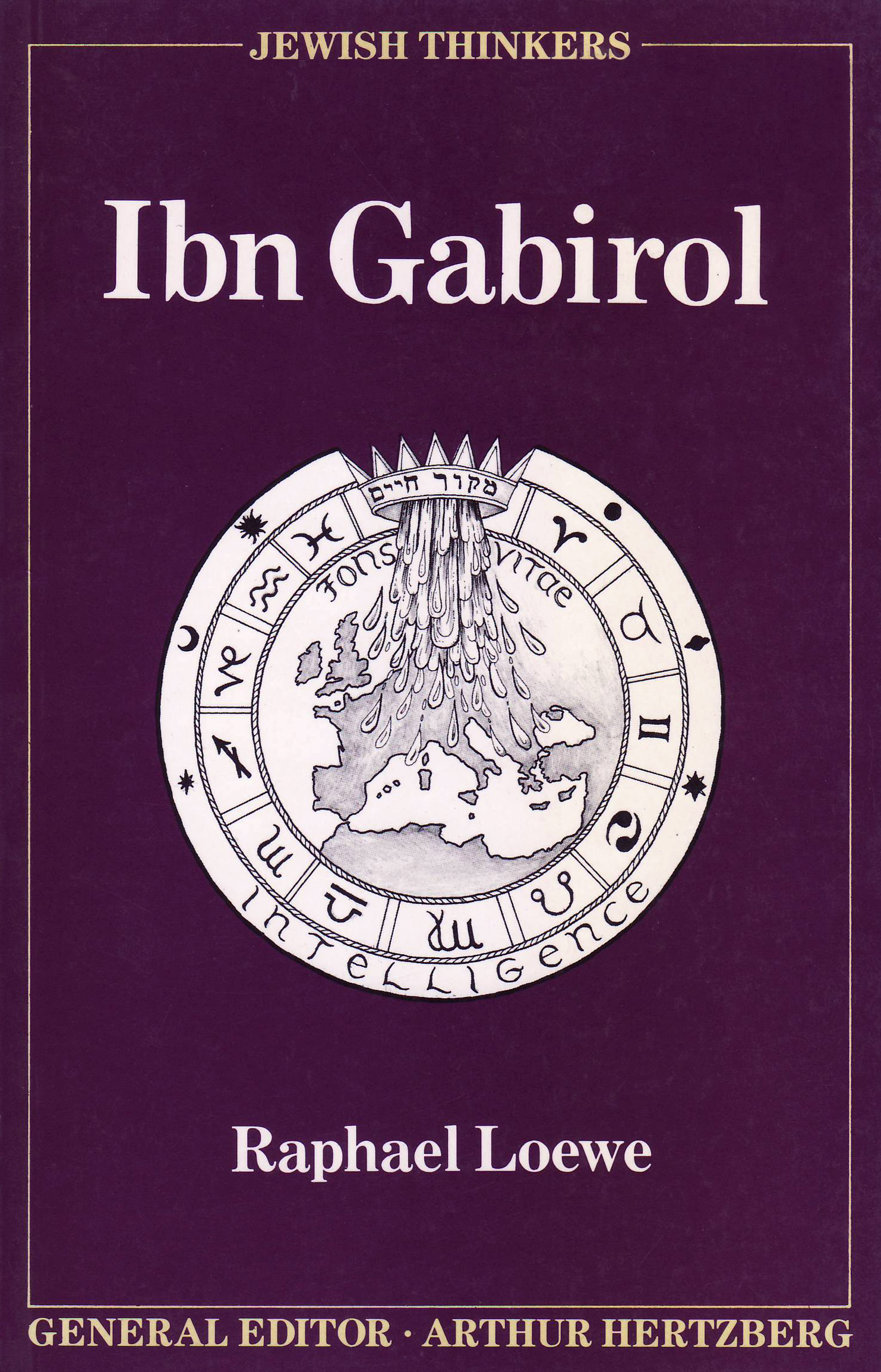OUT OF PRINT
Price £10.95
Format Hardback
Published 1989
Length 212 pages
ISBN 9781870015257
Ibn Gabriol
Raphael Loewe
Solomon ibn Gabirol (c.1021-c.1070), possibly the greatest of all the Spanish-Jewish poets, was also a neoplatonic philosopher of importance and known to Christian scholasticism as Avicebrol. The virtuosity of Ibn Gabirol’s Hebrew – so apparent in his poetry – matches brilliance in biblical allusion and reveals something of the social history of the period and of Ibn Gabirol’s own profound spirituality.
His philosophical treatise – written in Arabic – is entitled in its Hebrew translation Meqor Hayyim (Fountain of Life). It expounds a theory of creation based on the relationship of matter to form. His extensive Hebrew poem entitled Kether Makhuth (Royal Crown) links theology, cosmology, and psychology and appears here in a new English rendering in metaphysical verse by Raphael Loewe.
Ibn Gabirol’s work links Jewish philosophy with the intellectual climate of Moorish Spain and has left its mark, through St Thomas Aquinas, on thought of medieval EuropeSolomon ibn Gabirol (c.1021-c.1070), possibly the greatest of all the Spanish-Jewish poets, was also a neoplatonic philosopher of importance and known to Christian scholasticism as Avicebrol. The virtuosity of Ibn Gabirol’s Hebrew – so apparent in his poetry – matches brilliance in biblical allusion and reveals something of the social history of the period and of Ibn Gabirol’s own profound spirituality.
His philosophical treatise – written in Arabic – is entitled in its Hebrew translation Meqor Hayyim (Fountain of Life). It expounds a theory of creation based on the relationship of matter to form. His extensive Hebrew poem entitled Kether Makhuth (Royal Crown) links theology, cosmology, and psychology and appears here in a new English rendering in metaphysical verse by Raphael Loewe.
Ibn Gabirol’s work links Jewish philosophy with the intellectual climate of Moorish Spain and has left its mark, through St Thomas Aquinas, on thought of medieval Europe. His liturgical poetry has endowed Sephardi Jewry with some of the noblest pieces of its rich cultural heritage.
About Raphael Loewe
Raphael Loewe graduated in Classics from St John’s College, Cambridge. He taught at Leeds University, Brown University in Providence

